OpenAI wants to partner with Hollywood. The artificial intelligence startup set appointments with Hollywood senior executives in order to persuade them to use Sora in their productions. And not—This is not April Fool’s Day.
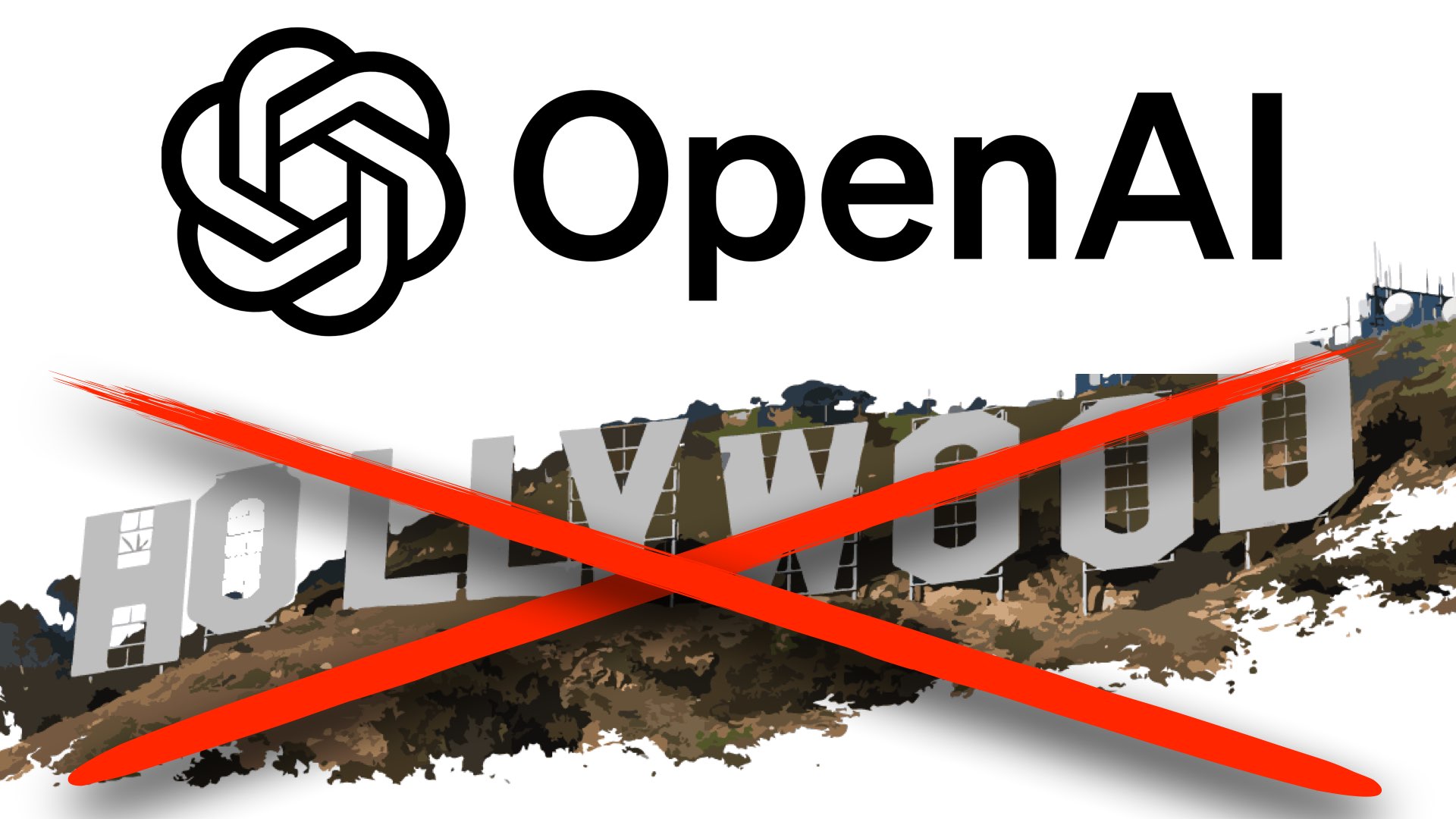
OpenAI wants to conquer Hollywood
Sam Altman, the founder, and CEO of OpenAI, the pioneering artificial intelligence startup, has scheduled meetings in Hollywood to explore how Sora can engage with key players in the film industry, including studios, media executives, and talent agencies, in order to forge partnerships and advocate for the integration Sora into filmmaking processes. It’s not a secret that the unveiling of Sora in mid-February garnered immediate attention from both Hollywood and Silicon Valley, captivating audiences with its series of high-definition clips. Although Sora remains unavailable to the public, OpenAI has granted access to a selected group of renowned actors and directors, insiders disclosed. Hence, Hollywood is talking now with the pioneer of AI, to explore how the platform can replace expensive well-deserved artists.
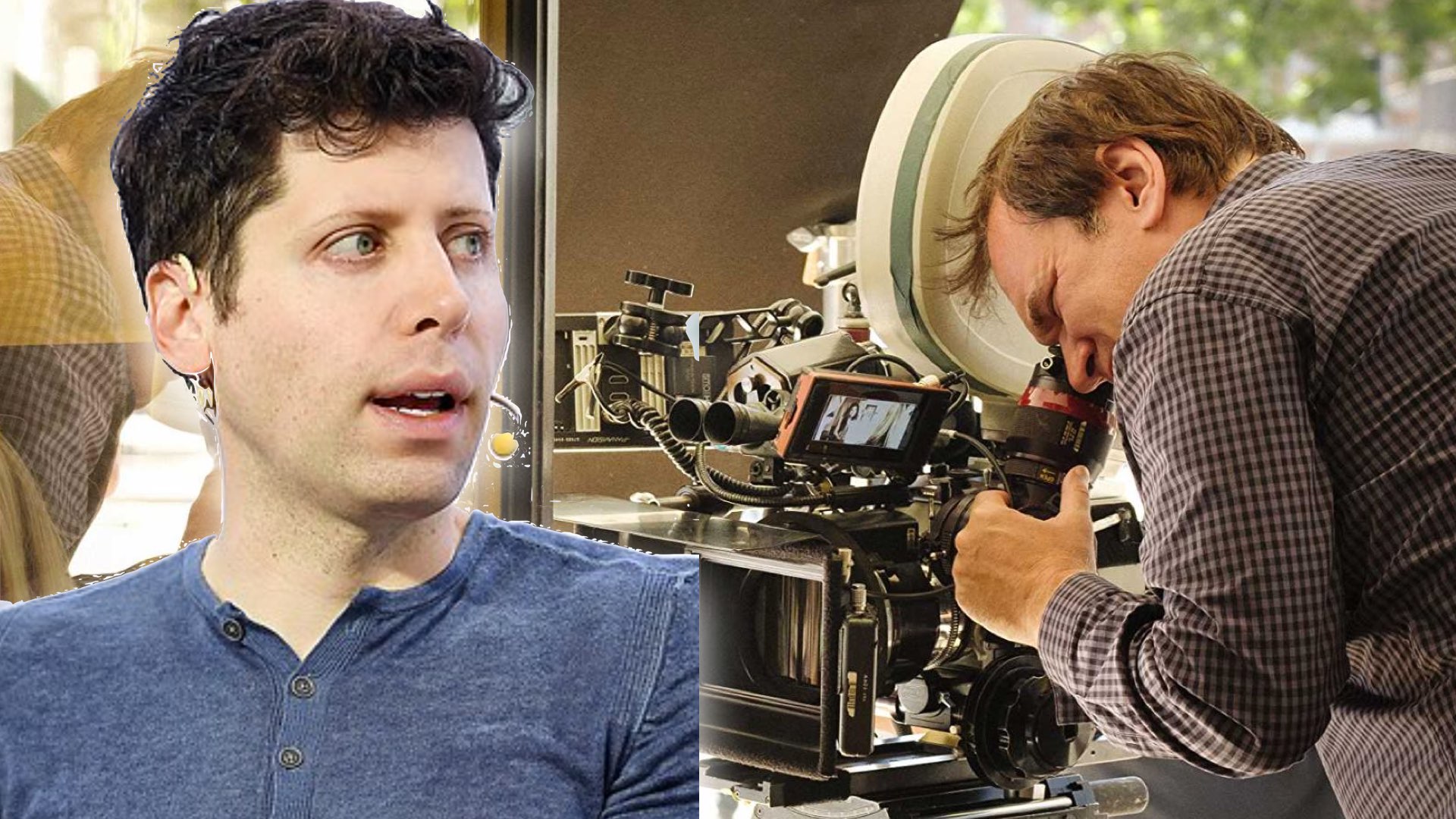
It seems like everybody forgot about the strike
Last year, screenwriters and actors made a strike to advocate for safeguards against the use of AI technology, resulting in negotiated protections within the industry. Additionally, media companies are cautious about granting OpenAI access to their content without adequate compensation, with discussions underway with major outlets including CNN, Fox, Time Magazine, and us. It’s important to note that at that time, Sora wasn’t released yet. Nevertheless, professional filmmakers and content creators have tested it and were blown away by its potential and capabilities. On the other hand, many professionals in the filmmaking industry show logical fear of Sora. For instance, explore this thread on LinkedIn, posted by a senior VFX compositor: “With Sora’s capabilities scheduled to be introduced to Hollywood, it is clear that Open AI has planned to take maximum advantage of this rare opportunity to disturb the film business while the industry is weak and recovering. While many artists are awaiting the return of the industry, Open AI is strategically planning meetings behind closed doors with Hollywood and potential policymakers, being very careful to not include artists in the discussion. Open AI’s posture in privet does not confirm its public claim that Sora is designed to be a tool for artists and not a replacement”. And here is one of the intriguing comments: “Most of the comments are focused on Sora as it is now. All of us have seen how exponential the progress has been. So don’t focus on the shortfalls now. Realize the direction it is going and how quickly it might get there….While we are having these conversations, Sora is learning…”. Indeed, Sora is learning and training at an exponential tempo, and within a year or two, we might explore an entire commercial created by Sora (with a single prompt). This commercial might be screened even in movie theaters and in IMAX resolution.
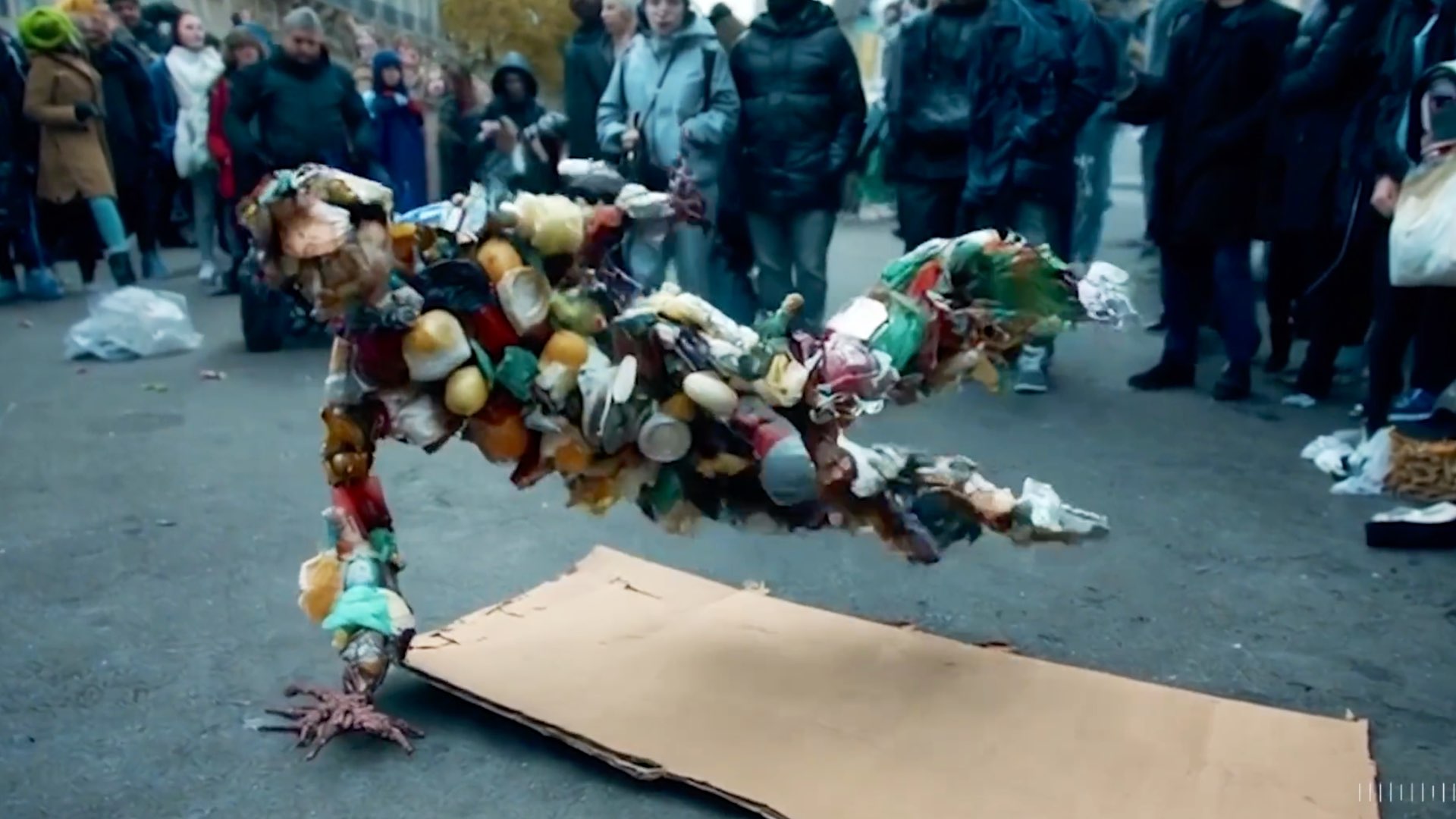
What would Hollywood do?
In our opinion, Hollywood will accept Sora. Unless there will be limitations derived from regulation. There will be two types of artwork: Created by AI or created by humans. The first must be marked as a synthetic work, showing zero talent and effort so the audience would know.

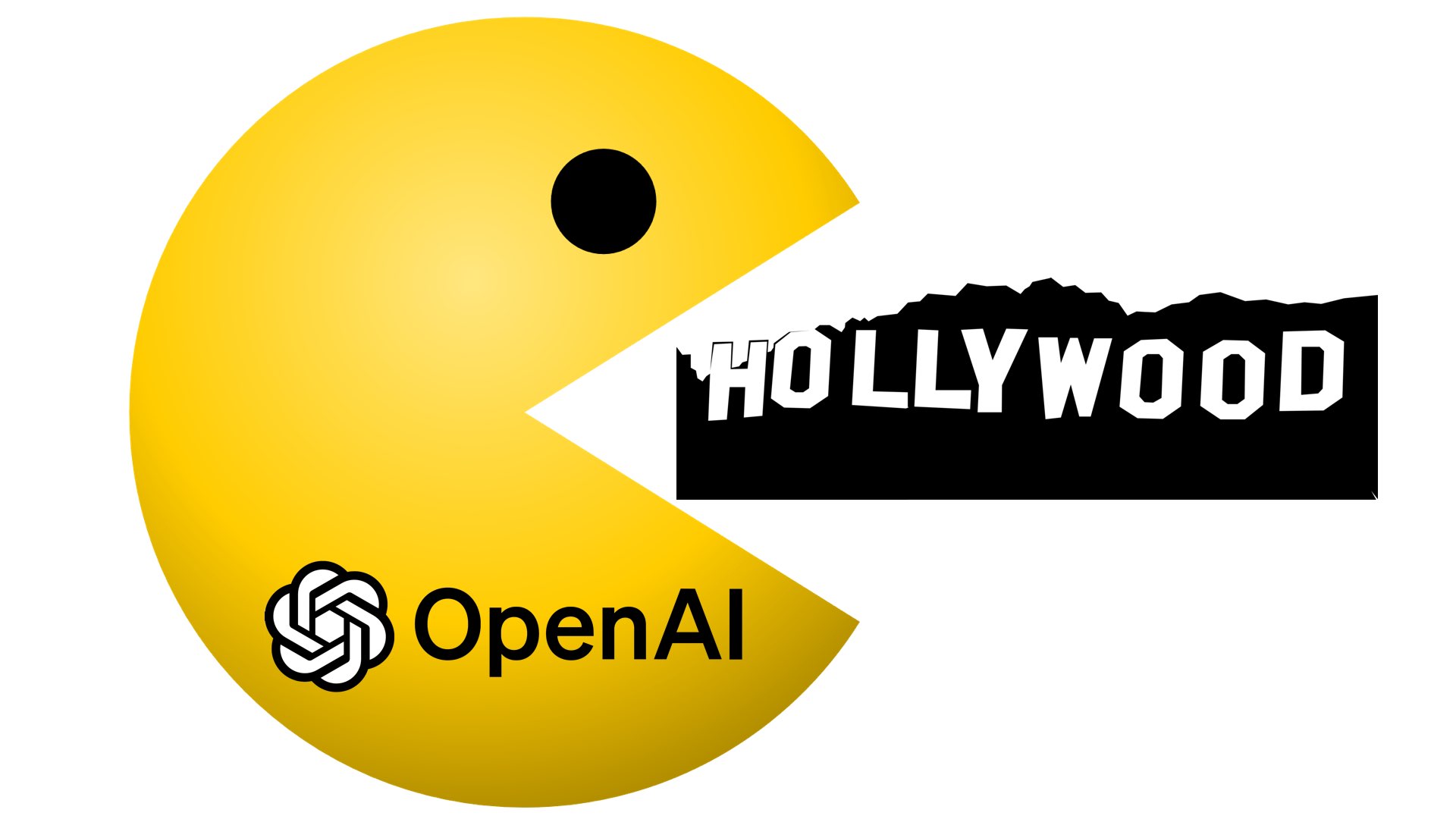
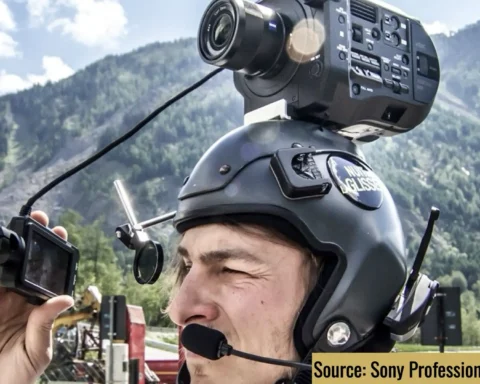


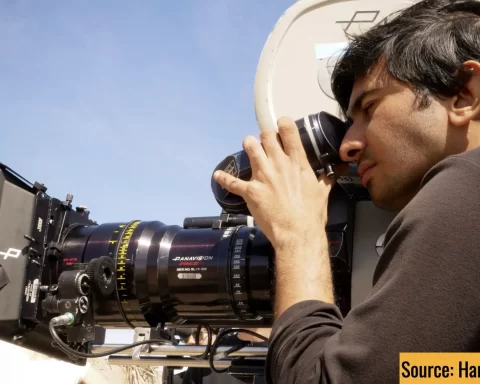
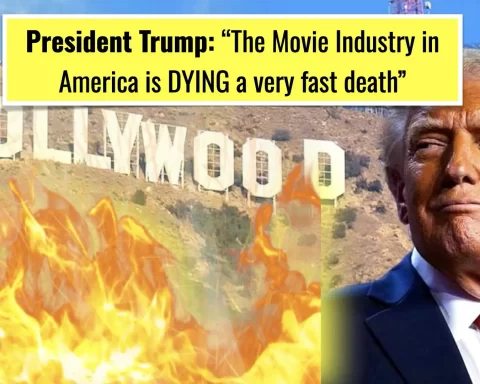
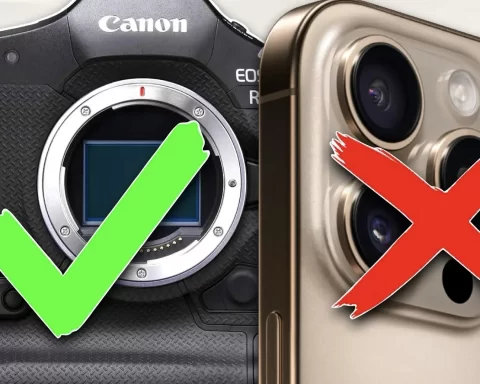
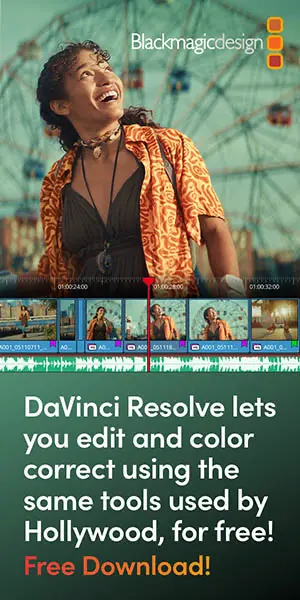
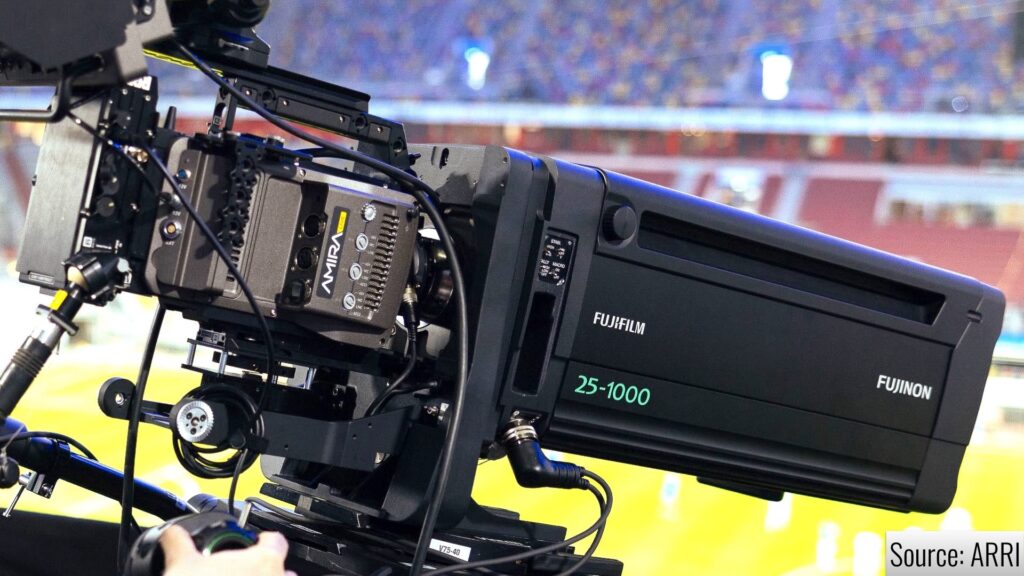
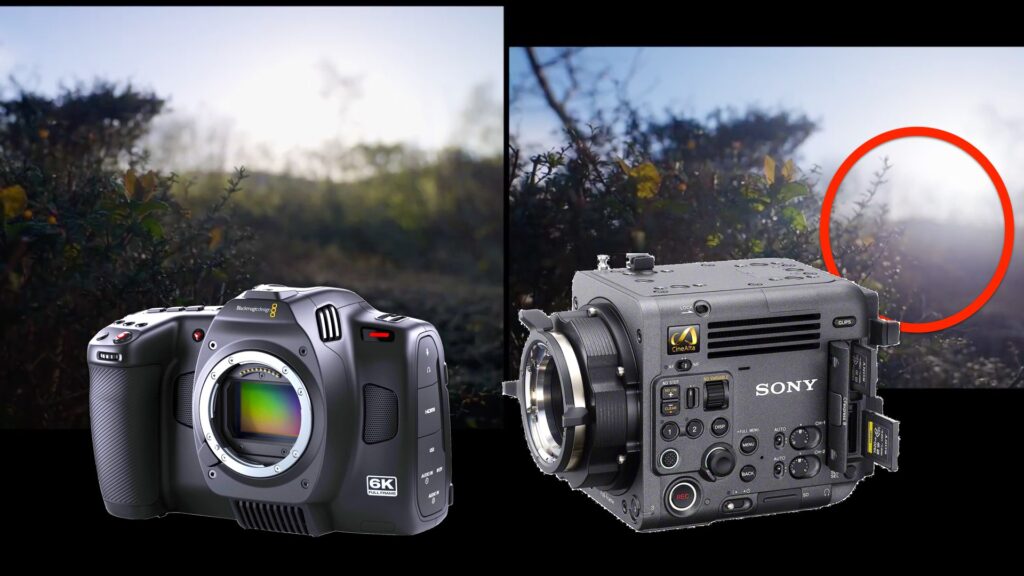
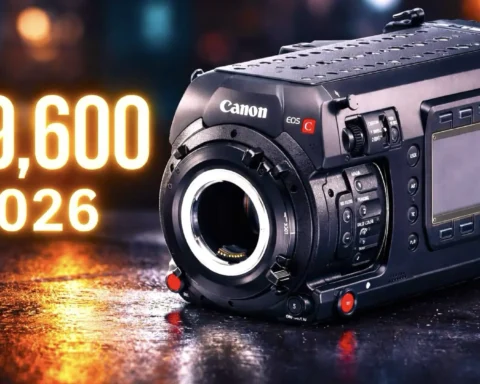

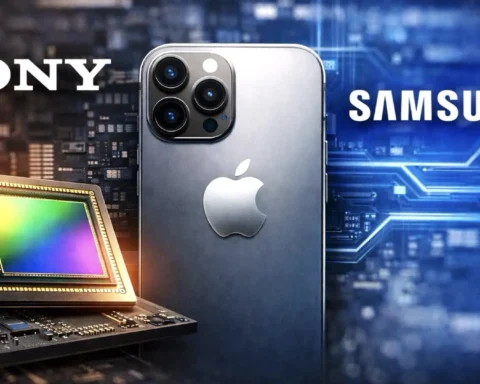
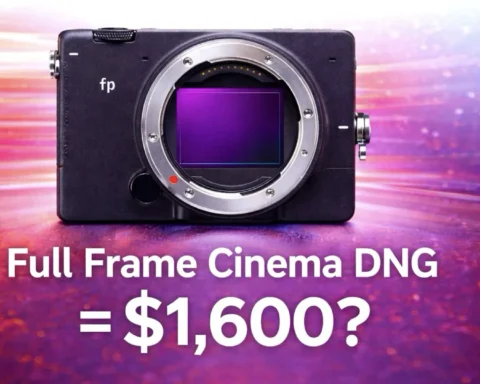
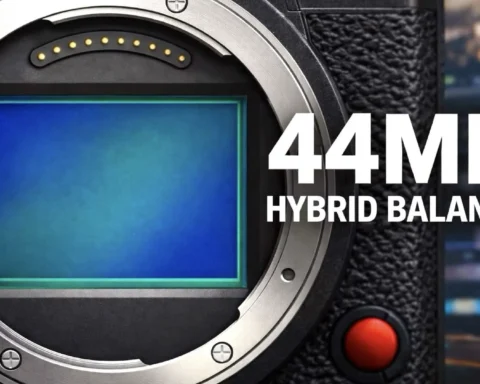

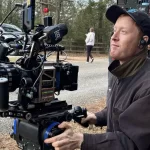
Regulations labeling AI content will likely happen to prevent deception around political subjects.
I think the people in charge of traditional entertainment feel threatened by those outside their industry approaching Hollywood-level work and taking away their audience, but should also realize that by panicking and turning to AI-generated TV shows and movies – cutting out human writers – will only narrow the gap between the quality anyone can produce. Computers powerful enough to generate the “more convincing AI” of the future will only become more accessible. A better long-term solution would be to keep AI as a tool for the real writers and directors to choose when to apply if needed. Sure, the visual demos are impressive, but after that novelty wears off, what’s left without an original story behind it?
No need for an original story for the majority of the audience. Just endless variations on the usual archetypes and cliches that it easier to pump out on the cheap. That fact alone will be how Hollywood pads film portfolios rather than slave over B-List movies. The high-end is still going to get human attention and detail, just like food and cars. The rest? Automated slop. Flavoured and cliched slop, but still slop.
And the audience will still eat it up.